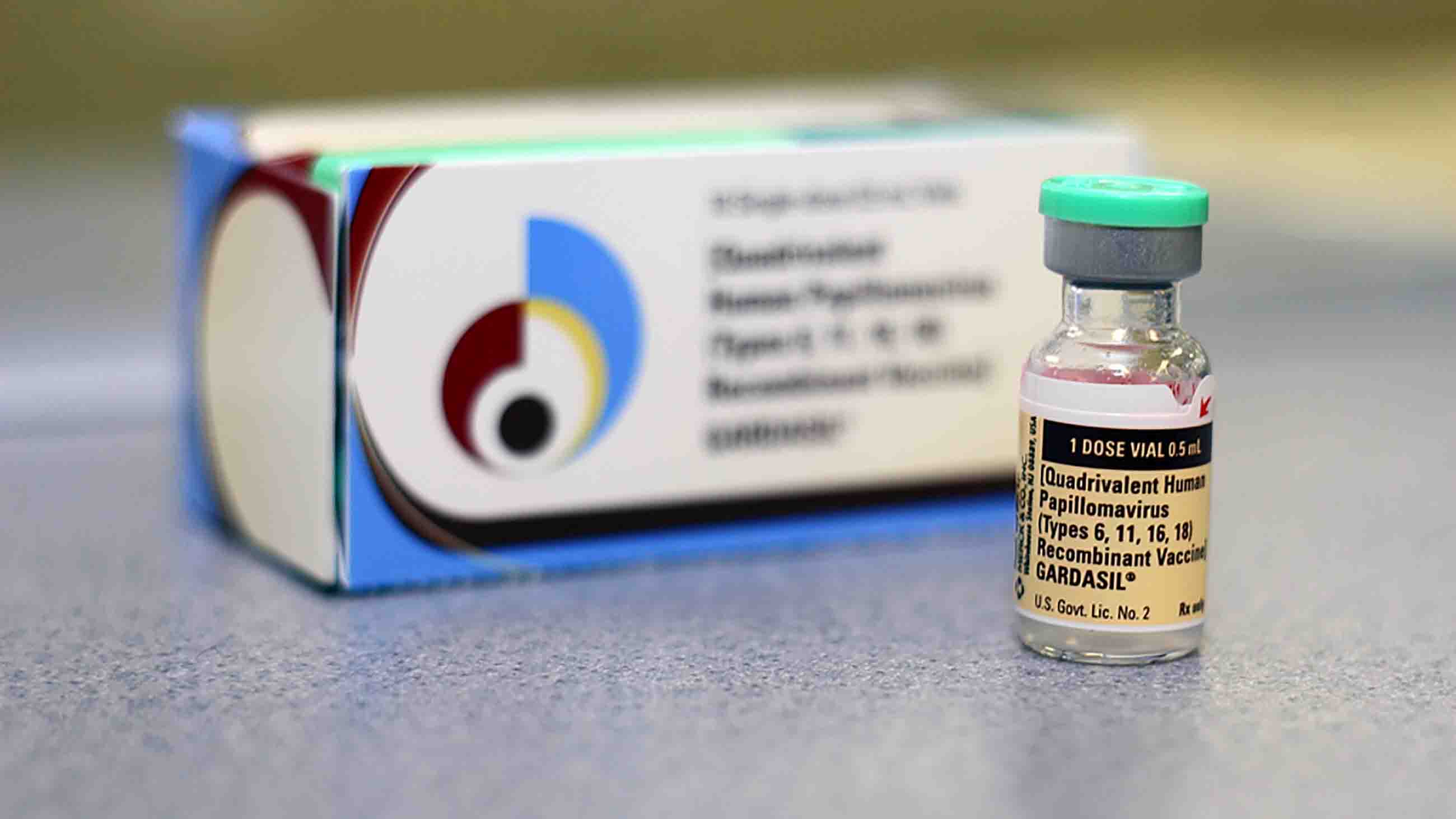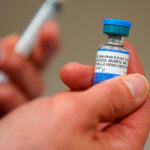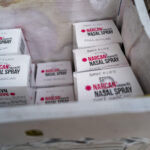HPV Vaccine Debate Turns From Myths to Global Realities
Myths about the vaccines that protect women from cancers of the reproductive tract — that they can lead to mental retardation, for example — are finally fading. As research repeatedly demonstrates that these HPV vaccines are effective, vaccination rates are gradually rising, at least in the United States.

So in the past few years, researchers and policymakers have shifted their focus to the cost and practical challenges of large-scale vaccination programs in the U.S. and abroad.
Cervical cancer kills about 270,000 women globally each year, according to the World Health Organization. In the U.S., the Centers for Disease Control and Prevention puts the annual death toll at 4,100 women.
Now a follow-up analysis of a large, international study has found that the latest version of the widely used vaccine Gardasil is effective for at least six years against seven of the most dangerous strains of the human papillomavirus — which causes nearly all cases of cervical cancer.
It was unknown how long the newer vaccine, Gardasil 9, remained effective in preventing HPV infection. But an earlier version of Gardasil, which protected against four strains of the virus, is now known to work for 10 years. The newer vaccine received approval in 2014 from the U.S. Food and Drug Administration. (The older version was approved in 2006.)
“We had no reason to believe that the duration of protection was going to be less than the original Gardasil vaccine,” said Warner K. Huh, a gynecological oncologist and the lead author of the analysis, published in September in The Lancet. “But that’s why this paper is important. It gives us an idea that for at least six years that the vaccine is protective.” The paper had 27 co-authors, including many of the top researchers in the field of HPV vaccine work.
The study, which involved a randomized sample of 14,215 women aged 16-26 living in 18 countries who received either Gardasil or Gardasil 9 and were followed for several years, was funded by Merck, the manufacturer of both vaccines. Although it is not uncommon for companies to support such large, expensive studies of drugs they make, such arrangements pose a risk for bias. In this case, the investigators, the drug company, data analysts, and an independent panel of pathologists were “blinded” to the treatment received by participants.
The CDC recommends that children receive their first dose of the HPV vaccine at age 11 or 12, before most young people first have sex. The current practice is to give two injections over time to provoke the strongest possible response, says Huh, who works at the University of Alabama at Birmingham.
At 65 percent coverage for girls and 56 percent for boys in 2016, U.S. vaccination rates are still about 20 percentage points lower than public health officials would like. Extensive coverage with the newer vaccine could just about wipe out cervical cancer and also knock down rates of HPV-related vaginal, vulval, anal, penile, and oral-pharyngeal cancers. And it could lead to significant reductions in the recommended frequency of screenings for cervical cancer in women.
With early detection, mainly from Pap tests, more than 90 percent of U.S. women diagnosed with cervical cancer get treatment and survive beyond five years.
But worldwide, 85 percent of cervical cancer deaths occur in low- and middle-income countries. Because of political, logistical, and other health care obstacles, including the relatively high cost of HPV vaccines and treatment, many women in these regions are neither screened nor treated. And a little more than half of women worldwide with cervical cancer die, according to the WHO.
Widespread distribution of HPV vaccines worldwide, especially the considerably more affordable original version of Gardasil and its competitor Cervarix, made by GlaxoSmithKline, would go a long way toward saving the lives of more than a quarter-million women who die each year from cervical cancer, says Lynette Denny, a gynecologist-oncologist at the University of Cape Town, in South Africa. Successful vaccine campaigns can be achieved in developing nations with international aid, a 2014 analysis concluded.
So some researchers are calling for a more global outlook in implementing and supporting HPV vaccination campaigns. In an editorial in the same issue of The Lancet, Denny wrote, “It is essential that the international community pay attention to the gross inequities that exist in cervical cancer prevention efforts.”









